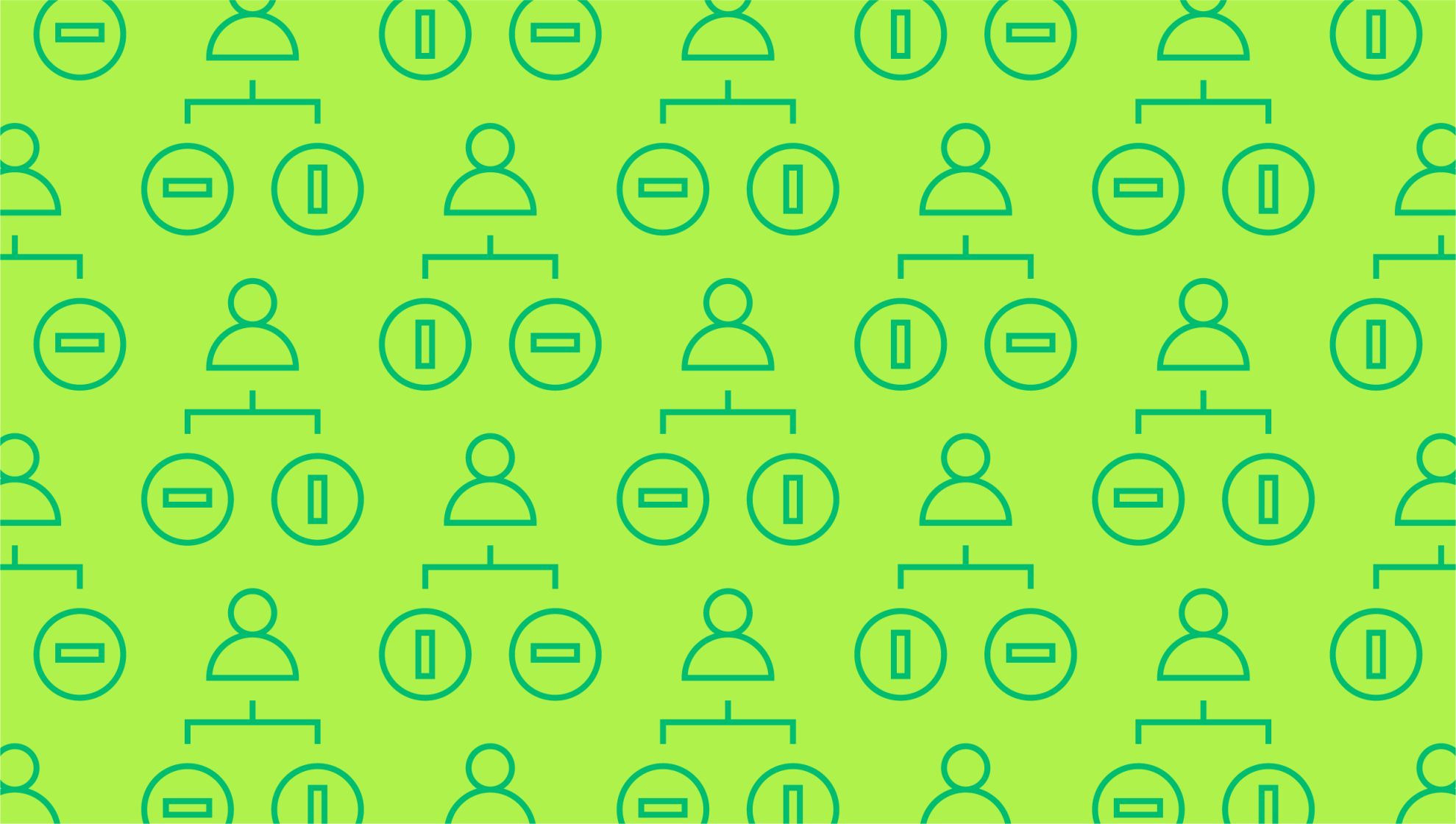Last editedMay 20213 min read
What motivates us to make a purchase, donate money to charity, or procrastinate on a work assignment? Behavioural economics blends psychology with economic theory to humanise traditional economics.
What is behavioural economics?
To get started with this introduction, we’ll first answer the basic question of ‘what is behavioural economics’, exactly? This term refers to the study of psychology in relation to how individuals make economic decisions. It strives to determine how accurate economic theory is when you take realistic human behaviour into account. This field of study examines why we act the way we do when it comes to ideas like fairness, wealth, ethical decisions, and income.
Understanding behavioural economics theory
To better understand behavioural economics theory, it’s helpful to compare it to traditional economics.
In conventional economics:
Theoretical assumptions don’t have to be based in realistic action
Individuals are capable of efficiently processing all information
Individuals always make logical, smart decisions
Income growth and wealth are the primary goals
In behavioural economics:
Theoretical assumptions must involve realistic human behaviour
People are not capable of processing all possible information. Instead, they do the best they can under realistic constraints
Individuals often make less-than-perfect decisions that lead to regret
Wealth creation is just one goal among many
Individuals are capable of altruism, even when not in their best financial interest
As you can see, the main difference between conventional and behavioural economics theory is that conventional economics takes a far more rigid view of the individual. Behavioural economics acknowledges that all individuals are different, and that our environments shape the way that we behave. As a result, markets can be inefficient and economic models don’t always work according to plan.
The prospect theory
Prospect theory is a major component of behavioural economics. This theory describes how people make a decision when they’re presented with more than one option. The prospect theory states that:
Individuals prefer certainty and will pay more for an item if it provides greater security or certainty. You can look at games and economic behaviour in this light. For example, imagine that there is £1,000 behind door A, with no strings attached. Behind door B, you have a 75% chance of finding £1,500 and a 25% chance of finding an empty box. Most people would choose door A, which offers a guaranteed win.
Another aspect of prospect theory is loss aversion, which we’ve seen illustrated with the example above. People are more afraid of losing than they are satisfied by winning.
Small probabilities make people more likely to take a risk. If the chances of an adverse economic event happening are very small, people will tend to underreact.
A final component of prospect theory is that it’s human nature to position your gains or losses in relation to others. If both you and a colleague receive a 10% raise, you may not feel better off despite the real growth in income. However, if you receive the same 10% raise and your colleague doesn’t, you’ll feel wealthier in relation.
Behavioural economics examples
If you look at human behaviour, you’ll soon find many examples that illustrate the fundamentals of behavioural economics. For example, take the idea that humans are prone to depart from rationality in their decisions. A study of taxi drivers found that although it would be more rational to work longer hours on busy days and quit early on slow days to maximise income, the opposite actually takes place. The drivers were more likely to quit after hitting a self-imposed income threshold, despite the potential to earn more.
There are also many behavioural economics examples related to the concept of human imperfection, particularly when it comes to a lack of self-control. Under traditional economic theory, humans are flawless, rational beings. However, most of us have experienced a lack of self-control in the past, whether it’s eating too much, not working as hard as we should, or wasting money on frivolous items. None of this makes logical sense, but humans don’t neatly fit into econometrics models.
You can also look at games and economic behaviour to see many of its principles in action, like our example mentioned above for prospect theory. One of these principles is altruism over pure self-interest. Beyond the fact that many households donate money to charities, research has shown that humans are more likely to share with others in a game due to a natural preference for fairness.
The bottom line
Much of traditional economics is based on ideals, but the real world doesn’t work that way. Behavioural economics uses principles like the prospect theory and others to explain why we make certain decisions over others. These theories can be applied both in your own investing actions as well as marketing decisions. By taking behaviour into consideration, you’ll be better positioned to weigh all factors effectively.
We can help
GoCardless helps you automate payment collection, cutting down on the amount of admin your team needs to deal with when chasing invoices. Find out how GoCardless can help you with ad hoc payments or recurring payments.


